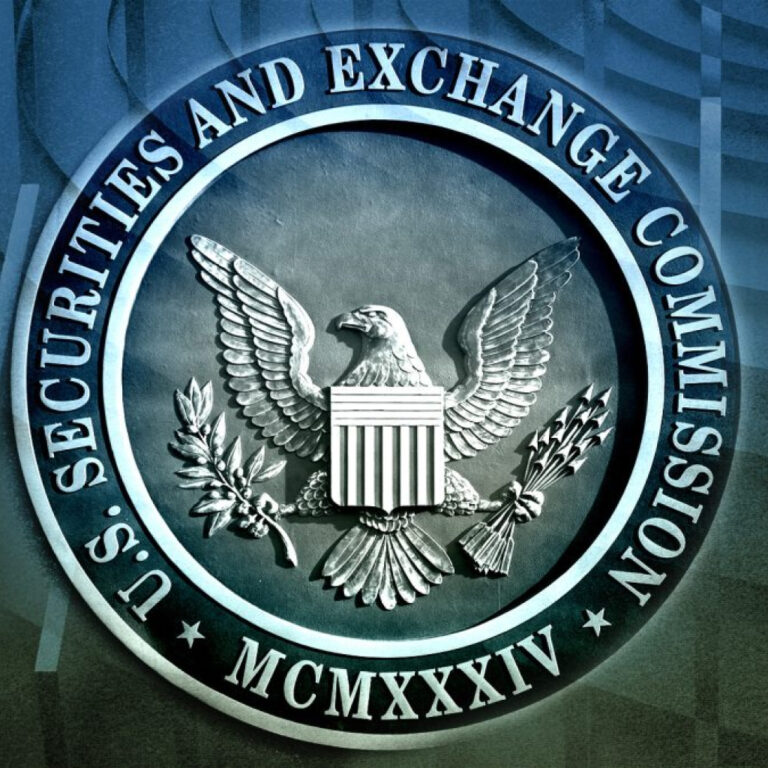What is the Securities and Exchange Commission (SEC)?
The Securities and Exchange Commission (SEC) is a U.S. regulatory agency responsible for overseeing securities markets. It also plays a significant role in regulating specific aspects of cryptocurrency activities.
The Role of the SEC in Financial and Cryptocurrency Regulation
The Securities and Exchange Commission (SEC) is a key regulatory authority safeguarding transparency, fairness, and investor interests in financial markets. Established after the 1929 stock market crash, the SEC’s primary mission includes protecting investors, maintaining efficient markets, and facilitating capital formation.
SEC’s Responsibilities in Traditional Finance
The SEC regulates critical market participants, such as securities exchanges, brokers, dealers, investment advisors, and mutual funds. It ensures public companies disclose essential financial and operational information under the Securities Act of 1933, requiring transparency about business operations, securities, and investment risks.
Expanding Oversight: Cryptocurrencies and Digital Assets
With the rise of cryptocurrencies, the SEC’s role has expanded. Its focus includes Initial Coin Offerings (ICOs) and token classifications. ICOs, akin to stock market IPOs, allow cryptocurrency projects to raise funds by offering tokens in exchange for cryptocurrencies like Bitcoin or Ethereum. The SEC enforces securities laws for ICOs, requiring registration or exemption to protect investors through detailed disclosures about financial conditions and project goals.
- Token Classification: While Bitcoin and Ethereum are categorized as commodities, other tokens may qualify as securities, making SEC oversight essential.
- Crypto Exchanges: Platforms listing tokens considered securities must register as national securities exchanges or operate under exemptions.
The SEC’s Balancing Act
The SEC’s evolving approach reflects the challenges of regulating a dynamic, global cryptocurrency market. Its involvement signals growing recognition of cryptocurrencies while balancing innovation with investor protection.
Shaping the Future of Cryptocurrency
The SEC’s role in cryptocurrency regulation is pivotal in defining the integration of digital assets into mainstream finance. By setting clear guidelines and enforcing securities laws, the SEC helps establish trust and legitimacy, driving the sustainable growth of this revolutionary asset class.
Share this post












